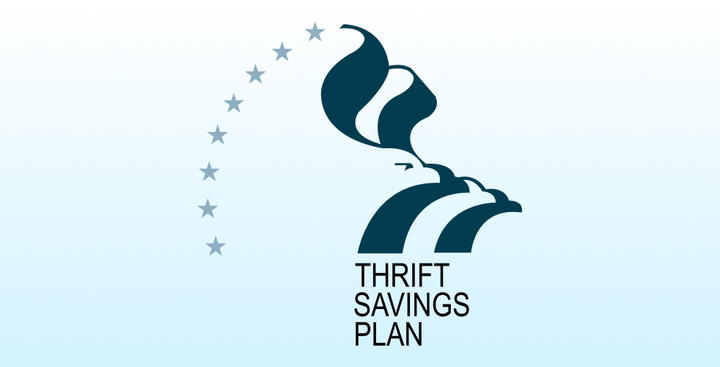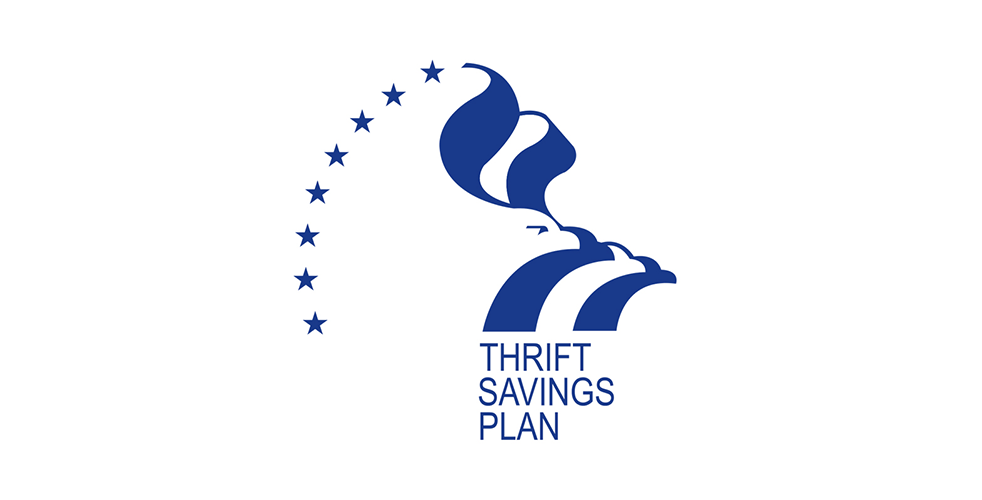
Have you ever wanted to be a business owner? Well, congrats … you already are.
Most of us are raised with the end goal of acquiring a well-respected, and well-paying job. We’re taught that if we do well in school, go to a good college, and apply ourselves in the years following, we can land a job that will keep us financially stable in life, and allow us to live happily ever after.
What’s particularly interesting about this emphasis is that it includes NO reference to the fact that as a byproduct of saving even as little as a few thousand bucks, you have both begun a new profession, and started a second business.
Look Who’s an Entrepreneur Now…
That’s right, the minute you have even a few thousand dollars to your name, you’re officially a professional money manager running your own investment firm. Of course, you probably don’t see it that way, but that’s because you haven’t been enlightened yet. No one has ever spelled it out for you before. Well … it’s time to fix that.
When it comes to our careers, most of us don’t mind putting in the long days or extra effort required to become proficient at what we do. But for some strange reason, these same folks who are willing to toil day after day for the carrot of a paycheck, pay little to no attention to their investment portfolios.
Doesn’t that seem a little odd, especially when you consider that from retirement on, you will be living entirely off your investment portfolio?
In other words, each one of us has about five decades to amass enough assets, and learn how to manage those assets, to last us for the rest of our lives. This is our real “job” in life, regardless of what profession we chose.
But here’s the beautiful part: If you embrace this role, and make it a point to become as financially savvy as possible, you’ll be able to quit your boring day job way before you ever planned. This is because your business – your portfolio of assets – will be thriving.
Once Your Business Takes Over, You’re Free
Just like we’re all taught to go to school in pursuit of an education that will land us a job, we also all tend to default to this notion that we’ll retire around age 65. But seriously … is that what you want? Do you really want to spend over two thirds of your life waking up at the crack of dawn to spend all day at a job you may or may not like? Are you really willing to spend that much of your precious time here on earth away from your friends and family and (in most cases) not doing whatever it is that you’re passionate about?
We’d like to propose a different way of looking at retirement.
Instead of thinking about a specific retirement age, or what your net worth must be, ask yourself this: How many months would your savings and investments last if you quit your job today? In other words, assuming the same standard of living, how long would it be before you needed to find another job? 3 months? 6 months? Forever?
The point here is that the minute the answer to that question is “forever,” you’re done. You’re retired. You win. Game over. And as you can see, the answer to that question has nothing to do with how old you are, or what your net worth is.
This leads us to a key point, which is this: Retirement is all about one simple ratio.

When this ratio gets above 1 – you can retire … simple as that. It can happen by age 30 or it can never happen at all …
Passive Income is the Key
Okay, so what does all this talk about “passive” income really mean?
When you go to work each day, you are compensated for your labor in the form of earned income. This is income that you receive in exchange for your effort and labor. Passive income is exactly the opposite, it’s income that is earned without your effort or labor. What are some forms of passive income?
Here are a few examples:
- Stock dividends
- Interest from bonds and other investments
- Rental properties
- Annuities
- Social Security
- Pensions
- Royalties
- Licensing agreements
- Business distributions
I want you to notice something in particular about the items on this list: All of them are purchased – either with money, time, or both. That’s right, passive income is bought; it’s acquired through the purchase of assets that provide passive income.
You may not have realized it until just now, but your entire goal in life should be to purchase enough passive income producing assets to cover your monthly living expenses. Only when you reach the tipping point where your passive income exceeds your expenses will you finally experience true freedom.
You’re the CIO, so Act Like One
If you were about to launch a small business, how would you prepare for it? Would you do research to learn about your industry and potential customers? Would you try to assemble a team of professionals whose collective knowledge spans every area of your intended business? Would you actually put time and energy into your venture? Or would you just “see what happens?”
Well, unfortunately, that hands-off approach is the exact same mentality most people have when it comes to their investment portfolios. They seem to think that investing is easy, that it doesn’t require the same amount of effort that they put into their job, or into running a business. And that mentality is exactly why the top 1% of American households own 40% of the country’s wealth – or more than the bottom 90% combined.
If you’re like most people, you whine and complain about this supposed wealth gap, but you do nothing about it. After all, when’s the last time you spent the weekend at the library doing bicep curls for your mind? When’s the the last time you took a class to further your knowledge in an area outside your chosen profession? When’s the last time you read a book about investing? Have you EVER read a book about investing?
The point here is that no matter what you do for a living, that’s only half of your responsibility. The other half is to manage and be the Chief Investment Officer of your portfolio of assets. For all intents and purposes, you are Warren Buffett running Berkshire Hathaway – the only difference is your asset base is much smaller.
But if you want that asset base to grow, and to provide you with enough passive income to retire comfortably, then you better start acting like a CIO. Start taking classes. Learn about Compounding and the Time Value of Money; learn about How Stock Market Tops Form; learn how Expense Ratios Can Cost You a Fortune; learn how to Stay Calm During a Market Selloff. For heaven’s sake, just pick up some books and start learning.
The sad yet brutally honest truth is that every single person who lacks money, lacks it because they lack knowledge. And let’s be real about this, the reason most people lack knowledge is because they’re lazy. Well guess what, this is a tough world and if you want to be a financial winner, you better stop binge watching Netflix, get off your ass, and get some serious knowledge.
What’s the Plan, Boss?
Benjamin Franklin once said:
“By failing to prepare, you are preparing to fail.”
The whole point of viewing your money as a second business is to get you to apply the same energy, effort and discipline to your portfolio as you would if you were truly running a separate business. The end result of all this energy and effort is going to be a constantly evolving investment plan, complete with contingencies. You, just like every other person trying to save for retirement, need to come up with a long-term strategy that is going to grow your wealth over time.
Sound daunting? That’s because it is. When our entire financial system transitioned from guaranteed pensions to 401(k)’s and other self-directed, self-funded retirement accounts, each and every one of us became the Chief Investment Officers of our own portfolio. What’s that? You weren’t notified about your promotion? Well take heart … nobody was.
But that’s the truth, and if you don’t like it, then hopefully you don’t mind spending the rest of your time here on earth in povertyville, running on the endless treadmill that is your job and career. Because it’s only when you step up and begin treating your portfolio as your second business, that the possibility of real financial freedom emerges.
Whether you realize it or not, you’re a professional money manager. It’s time to start acting like one.

An innovative approach for eaming higher returns with less risk
Download Report (1.2M PDF)You don’t want to look back and know you could’ve done better.
See Pricing



